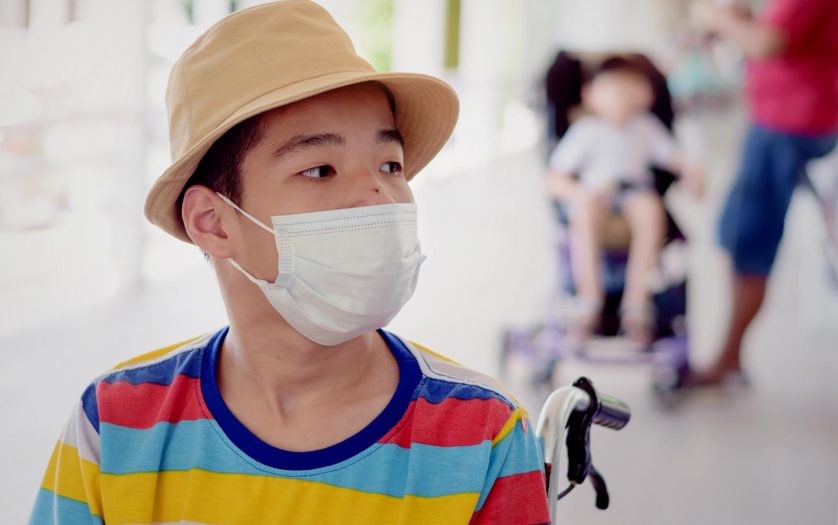Disability is always severely punished in times of crisis

Whenever things go wrong for a country, either by natural disaster or a pandemic, it has always hit persons with disabilities harder than the general population. Globally, disasters or health crises often disproportionately impact persons with disabilities, and the COVID-19 pandemic is no exception.
Despite many laws, conventions, and treaties, disability is always an afterthought in disaster crisis management. Yet, persons with disabilities have been affected the most by the COVID-19 pandemic because of the following factors: the increased risk of getting the virus, due to their health condition and vulnerability to the virus, limited or no access to routine health care and rehabilitation services for persons with disabilities, and the adverse social, educational and economical impacts on their life, not only during the crisis, but also post-pandemic.
The current global health crisis brings more economic hardships to many with disabilities faced before COVID-19. Traditionally, persons with disabilities face persistently lower employment rates and earn less than their peers without disabilities.
In a global health crisis, such as the COVID-19 pandemic, clear and accessible information becomes more crucial than ever. Unfortunately, most pandemic and vaccination information, websites, and mobile apps are not accessible for persons with disabilities; also, messages have been confusing or complicated, which has been difficult for people with intellectual disabilities to understand.
Persons with disabilities participation, in-person or digital, typically requires government support and financial resources. The economic shockwaves caused by COVID-19 particularly impact the poorest in society, who are often poor, old, and have a disability.
About 80% of the poorest persons with disabilities live in low-income and middle-income countries where there are either inadequate social safety protections or no welfare state. Persons with disabilities oftentimes have to rely on families, friends and non-governmental organizations (NGOs).
A return to the pre-pandemic status quo, a world fraught with complex barriers to inclusion, especially in low and middle-income countries, is unwanted by persons with disabilities.
The COVID-19 pandemic has only highlighted the challenges that persons with disabilities face on a daily basis. In bringing much needed attention to the complicated vulnerabilities and the compounding risks for persons with disabilities, the pandemic could initiate a rush to action regarding inclusive humanitarian efforts.
But only when the sector begins to put its money where its mouth is on disability inclusion, will persons with disabilities begin to genuinely be accounted for in disaster or global health crisis management.







